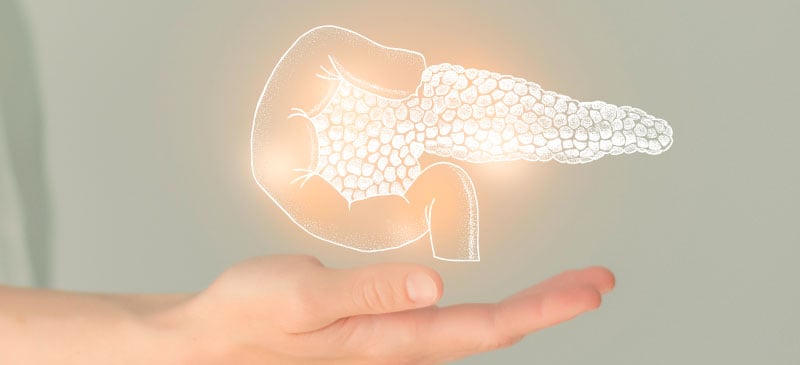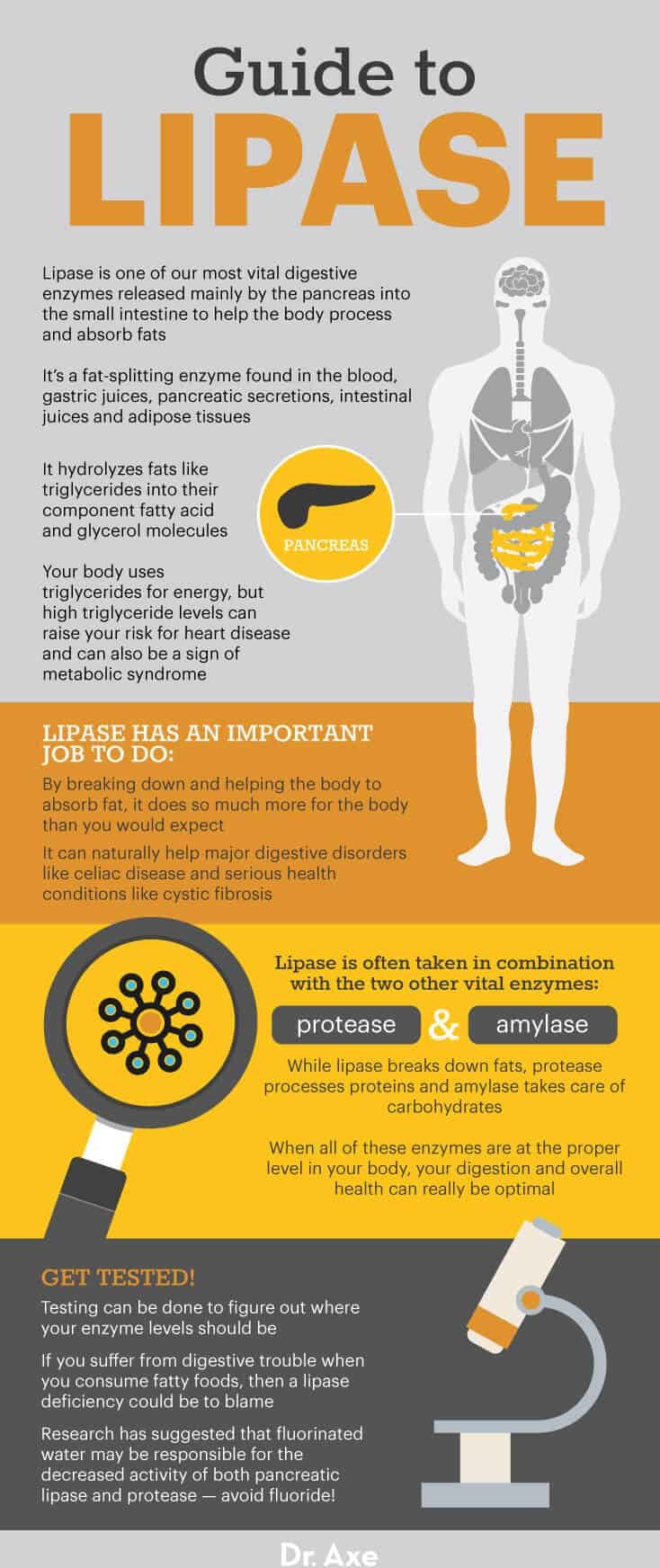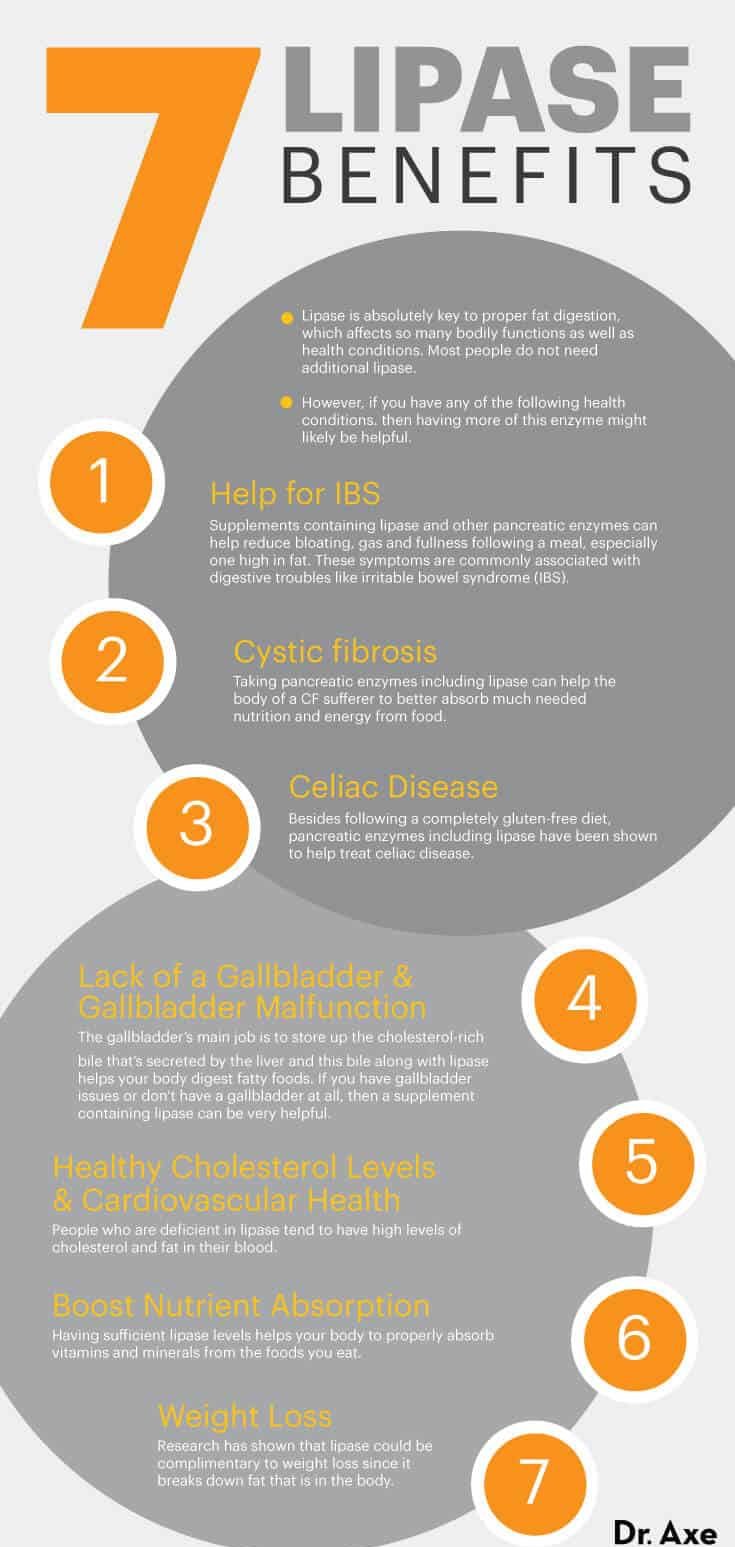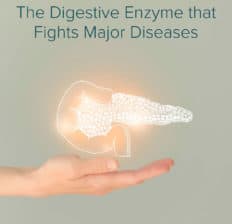This Dr. Axe content is medically reviewed or fact checked to ensure factually accurate information.
With strict editorial sourcing guidelines, we only link to academic research institutions, reputable media sites and, when research is available, medically peer-reviewed studies. Note that the numbers in parentheses (1, 2, etc.) are clickable links to these studies.
The information in our articles is NOT intended to replace a one-on-one relationship with a qualified health care professional and is not intended as medical advice.
This article is based on scientific evidence, written by experts and fact checked by our trained editorial staff. Note that the numbers in parentheses (1, 2, etc.) are clickable links to medically peer-reviewed studies.
Our team includes licensed nutritionists and dietitians, certified health education specialists, as well as certified strength and conditioning specialists, personal trainers and corrective exercise specialists. Our team aims to be not only thorough with its research, but also objective and unbiased.
The information in our articles is NOT intended to replace a one-on-one relationship with a qualified health care professional and is not intended as medical advice.
Lipase: The Digestive Enzyme that Helps Fight Major Diseases
August 1, 2023

Enzymes are substances made of protein that help stimulate chemical reactions. One of these enzymes crucial to human health is called lipase.
What is lipase exactly? Lipase is one of our most vital digestive enzymes released mainly by the pancreas into the small intestine to help the body process and absorb fats.
By breaking down and helping the body to absorb fat, it does so much more for the body than you would expect. For instance, it can naturally help major digestive disorders like celiac disease and serious health conditions like cystic fibrosis.
Lipase is often taken in combination with the two other vital enzymes: protease and amylase. While lipase breaks down fats, protease processes proteins and amylase takes care of carbohydrates. When all of these enzymes are at the proper level in your body, your digestion and overall health can really be optimal.
Testing can be done to figure out where your enzyme levels should be. If you suffer from digestive trouble when you consume fatty foods, then a lipase deficiency could be to blame.
Keep reading to learn how lipase is utilized by your body and how it can help you or someone you love overcome some pretty serious health concerns.
What Is Lipase?
Lipase is an enzyme that splits fats so the intestines can absorb them. It hydrolyzes fats like triglycerides into their component fatty acid and glycerol molecules. It is found in the blood, gastric juices, pancreatic secretions, intestinal juices and adipose tissues.
Your body uses triglycerides for energy, and you do need some triglycerides for good health. However, high triglyceride levels can raise your risk for heart disease and can also be a sign of metabolic syndrome. That’s just one of the reasons why it’s so important to have lipase doing its job!
What is considered a healthy lipase level varies greatly. Some labs say up to 85 U/L is healthy while others believe up to 160 U/L is a healthy lipase level.

Lipase Test
In order to find out your lipase level, you will need to have a lipase blood test. Make sure to fast for eight hours prior to the test. Your health care provider may also ask you to stop taking medicines that may affect the test, including pain medications like codeine, morphine, indomethacin, birth control pills, thiazide diuretics, cholinergic drugs and others.
Similar to amylase testing, lipase testing is often conducted to check for diseases of the pancreas, most commonly acute pancreatitis. Lipase testing can help diagnose pancreas issues because it shows up in the blood when the pancreas is damaged.
This test may also be done for familial lipoprotein lipase deficiency.
“Normal” levels can vary between laboratories. However, normal results are usually between 0 to 160 units per liter. Test results are usually available within 12 hours.
If you find out that you have elevated lipase levels, it could be due to:
- Bowel obstruction
- Cancer of the pancreas
- Celiac disease
- Duodenal ulcer
- Infection or swelling of the pancreas
In acute pancreatitis, lipase levels are frequently very high, often five to 10 times higher than the upper limit of normal. Lipase concentrations typically rise within four to eight hours of an acute pancreatic attack and remain elevated for up to seven to 14 days.
Health Benefits
Lipase is absolutely key to proper fat digestion, which affects so many bodily functions as well as health conditions. Most people do not need additional lipase.
However, if you have any of the following health conditions, then having more of this enzyme might likely be helpful.
1. Help for IBS
Supplements containing lipase and other pancreatic enzymes can help reduce bloating, gas and fullness following a meal, especially one high in fat. These symptoms are commonly associated with digestive troubles like irritable bowel syndrome (IBS).
Research has also shown that some patients with irritable bowel syndrome may have exocrine pancreatic insufficiency, which is the inability to properly digest food due to a lack of digestive enzymes made by the pancreas.
A 2010 study looked at the prevalence of exocrine pancreatic insufficiency in diarrhea-predominant IBS patients and found that insufficiency was detected in at least 6.1 percent of patients studied. The study points toward pancreatic enzyme therapy as a way to reduce unpleasant symptoms like diarrhea and abdominal pain for IBS sufferers who have underlying pancreatic insufficiency.
2. Cystic Fibrosis
Cystic fibrosis (CF) is an inherited disorder that disrupts normal functions of epithelial cells, the cells that line the passageways of many of our most important organs — including the lungs, respiratory system, liver, kidneys, skin and reproductive system.
People with cystic fibrosis produce abnormally thick, sticky mucus and often have nutritional deficiencies because mucus blocks pancreatic enzymes from getting to the intestines. Taking pancreatic enzymes, including lipase, can help the body of a CF sufferer to better absorb much-needed nutrition and energy from food.
3. Celiac Disease
Celiac disease is a type of autoimmune disease characterized by an inflammatory response to gluten that damages tissue within the small intestine. The small intestine is the tube-shaped organ between the stomach and large intestine, where a high percentage of nutrients are usually absorbed — however, in people with celiac disease, this process stops working right.
Symptoms of celiac disease can include abdominal pain, bloating, weight loss and fatigue.
First and foremost, it’s crucial to follow a completely gluten-free diet by avoiding all products containing wheat, barley or rye. In addition, pancreatic enzymes, including lipase, have been shown to help treat celiac disease.
In a double-blind, randomized study of children with celiac disease, the children who received pancreatic enzyme therapy (including lipase) had a modest weight gain compared to those who received placebo. The weight gain happened during the first month, and the study concludes that pancreatic enzymes seem to be especially helpful during the first 30 days after diagnosis.
This finding is helpful and significant since kids and adults with celiac disease often experience diarrhea, weight loss, abdominal pain, bloating, fatigue or painful skin rashes. In fact, about half of all people diagnosed with celiac disease experience weight loss.

4. Gallbladder Issues
The gallbladder is a little pear-shaped pouch tucked behind the lobes of the liver. Its main job is to store ]\ the cholesterol-rich bile that’s secreted by the liver, and this bile helps your body digest fatty foods with the help of lipase.
If you have gallbladder issues or don’t have a gallbladder at all, then a supplement containing lipase can be very helpful.
Lipase is absolutely key to proper fat digestion and absorption. If you have had your gallbladder removed already, you might find that you have trouble digesting certain foods, especially fatty foods.
Lipase enzymes can be an excellent natural gallbladder treatments since they help improve fat digestion and the use of bile.
5. Healthy Cholesterol Levels and Cardiovascular Health
Since lipase helps the body digest fats, a deficiency can lead to higher, unhealthy levels of cholesterol and triglycerides, which in turn can directly contribute to cardiovascular issues. People who are deficient in lipase tend to have high levels of cholesterol and fat in their blood.
When triglyceride levels near 1,000 mg/dL, individuals can develop pancreatitis (a serious inflammation of the pancreas) in addition to heart disease. High triglyceride levels are also linked with obesity, type 2 diabetes and metabolic syndrome.
6. Boost Nutrient Absorption
Having sufficient lipase levels helps your body properly absorb vitamins and minerals from the foods you eat. It’s not just important to eat the right foods — it’s also extremely important to have the right balance of enzymes to process these healthy foods!
Pancreatic enzyme replacement therapy is currently the mainstay of treatment for nutrient malabsorption.
7. Weight Loss
Research has shown that lipase could be complementary to weight loss since it breaks down fat that is in the body. In fact, scientists were able to manipulate lipase and triple its power by flipping on a molecular “switch” that turns the enzyme on and off. They actually succeeded in making lipase enzymes work three times harder, increasing fat digestion from 15 percent to 45 percent of the time.
This scientific discovery published in the Journal of the American Chemical Society could really help people struggling with obesity and serious related health problems, like heart issues and diabetes. Additionally, knowing about and being able to manipulate this enzymatic “ignition switch” seems like it will work for all enzymes.
If scientists are able to figure out how to turn enzymes on and off, then there could potentially be a way to help treat all kinds of health conditions involving enzymatic activity.
Foods and Supplements
Studies have shown there are foods that contain lipase, including:
- avocado
- walnuts
- pine nuts
- coconuts
- lupini beans
- lentils
- chickpeas
- mung beans
- oats
- eggplant
When it comes to raw nuts, seeds and beans, it’s best to soak and sprout them before consumption because they naturally contain enzyme inhibitors, which can block enzyme function.
Lipase supplements are available at your nearest health store or online. I recommend a full-spectrum enzyme blend. They can be derived from animal or plant sources.
Lipase is often commonly available in supplement form along with other enzymes, like protease and amylase.
Vegan enzyme supplements are also readily available. In most cases, the lipase in these products are is derived from Aspergillus niger. This is a fungus-based, fermented product rather than ox or hog bile, which is the usual extract used for lipase supplements.
Dosing can vary depending on the supplement you choose. Speak with your doctor about the right dosage for your specific health concern.
Standard lipase dosage for adults is 6,000 LU (Lipase Activity Units) or one to two capsules three times per day 30 minutes before meals on an empty stomach.
For digestion problems due to a disorder of the pancreas (pancreatic insufficiency) that is associated with cystic fibrosis, a typical dose for an adult is 4,500 units per kilogram of lipase per day. It’s best to start off with a low dose and gradually increase until there is a benefit, but do not take more than the recommended dose without checking with your health care provider.
You should not give enzymes to children under the age of 12 unless under a doctor’s supervision.
Risks, Side Effects, Drug Interactions
Lipase is a safe supplement for most people. Minor side effects can include nausea, cramping and diarrhea.
If you are pregnant or breastfeeding, speak with your doctor before taking any enzyme supplement. If you have cystic fibrosis, high doses of lipase might make some of your symptoms worse.
If you are currently taking Orlistat or digestive enzymes, then you should not use lipase without first talking to your health care provider. Orlistat (Xenical or Alli) is a medication used to treat obesity that blocks the ability of lipase to break down fats so taking Orlistat interferes with the activity of lipase supplements.
If you are taking other digestive enzymes, like papain, pepsin, betaine HCL and hydrochloric acid, they can destroy lipase enzymes. To prevent this from happening, you can look for enteric-coated lipase enzyme products, which are protected against destruction by stomach acid.
As always, talk with your health care provider before taking any enzyme supplement if you have any ongoing health concerns or are taking any other medications or supplements.
Final Thoughts
- Lipase not only helps your body properly break down both healthy and unhealthy fats, it also helps your body absorb vital nutrients from the foods that you eat.
- You can eat all of the healthy foods in the world, but having proper levels of vital enzymes like lipase will ensure those smart choices ultimately benefit your health.
- You don’t want to have too little lipase, but you also don’t want to have too much. If you have a feeling that your levels are not where they should be, a simple blood test can give you the answer.
- Lipase has been shown to be helpful for so many common as well as serious health concerns, including but not limited to indigestion, cystic fibrosis, celiac disease and irritable bowel syndrome.
- It can also make major positive contributions to the health of your gallbladder and heart.















